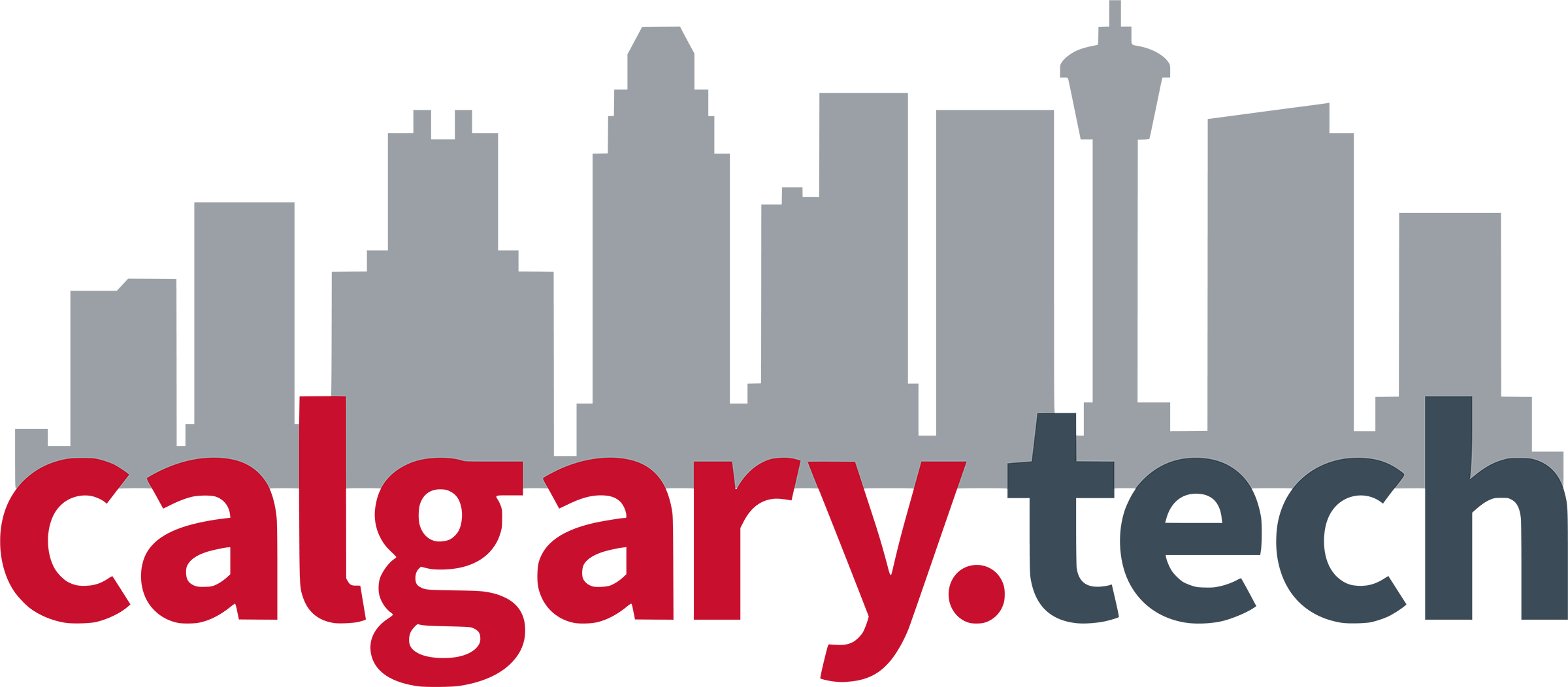
Energy Futures Lab, a non-profit organization based in Alberta, is at the forefront of the energy transition.
Alberta’s energy system has long been a topic of debate and controversy, with issues ranging from addressing climate change to concerns about the health and well-being of communities affected by the industry. In response, Energy Futures Lab was established in 2015 to address polarization and foster collaboration among diverse stakeholders.
The Lab is an Alberta-based coalition of innovators and organizations working to accelerate the transition to a low-emission future. The organization brings together stakeholders from across the energy system to collaboratively develop solutions that support sustainable energy.
The Lab is a connector, storyteller, and catalyzer of innovative energy system initiatives and solutions. Innovators and influencers from across Alberta join the Energy Futures Lab as Fellows and Partners to collectively address current and future energy challenges.
The Energy Futures Lab supports change-makers as they explore how Canada’s assets and innovation capacity can accelerate the transition to a net-zero future.
Fundamentally, the Lab recognizes that the energy transition requires more than just technological advancement. The solution involves a multi-faceted approach that recognizes the complexities and interconnectedness between our social systems and our energy system.
Energy Futures is exploring different intersections of digital innovation and energy transition with thought leaders across sectors who are fostering collaboration to unlock the potential of digital technology to move Alberta towards a low-carbon future. The organization focuses particular attention and resources on complex challenges that require collaboration and innovation beyond the constraints of single organizations, disciplines, and perspectives.
One of these so-called Innovation Challenges is “Financing the Transition to Future Fit Hydrocarbons.”
Alberta’s energy industry continues to face significant challenges related to sustainable investment. To address this, the Energy Futures Policy Collaborative was established, aiming to help policy leaders build better visions, establish bridges across seemingly divided camps, and enable the development of policy signals that can reignite investor engagement and confidence in Alberta’s hydrocarbon resources, assets, and expertise.
Another challenge is “Digital Innovation for Net-Zero Buildings.”
Energy as it pertains to buildings (in the forms of electricity and heating) represents a significant pathway to reach net-zero targets, accounting for 18% of Canada’s CO2 emissions. Digital technology can play an important role in identifying and addressing these challenges, and many technologies exist already.
From a long list of potential solutions, three were prioritized and are being progressed. The first solution aims to mobilize an inspiring digital technology application to the City of Calgary Living Labs program that moves toward net-zero buildings. The second solution aims to leverage commercial building relationships and expertise to help building owners and operators share data and learning from previous projects to accelerate de-carbonization in buildings. The third solution aims to collect and use data to better understand the scale and impact of the net-zero building opportunities for marginalized communities.
One of the Energy Futures Lab’s main goals is to create a net-zero carbon emission energy system for the production and consumption of energy in Alberta and Canada. At the same time, they are committed to ensuring that the energy system provides reliable and affordable energy that enables quality of life for all people.
By recognizing the interconnectedness between social systems and our energy system, the Lab aims for a holistic approach to the energy transition, which appears essential to its success.
In April, Energy Futures Lab won Ecosystem Supporter of the Year at the first-ever Alberta Cleantech Awards. The award was created to honour “An organization championing the growth and development of cleantech in AB through the support of climate-focused entrepreneurs, programs, ecosystem development, thought leadership, and community building.”


Leave a Reply